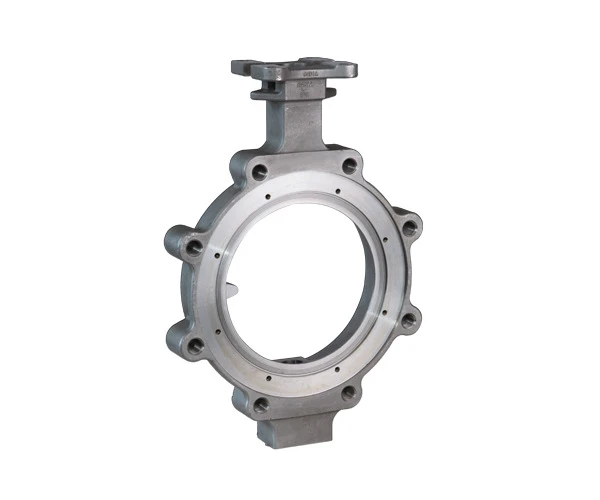precision casting manufacturing
Precision Casting Manufacturing An Overview
Precision casting, often referred to as investment casting or lost wax casting, is a sophisticated manufacturing process that allows for the creation of complex geometries with high precision and excellent surface finishes. This method has been utilized for centuries, but advancements in technology have significantly enhanced its application across various industries, including aerospace, automotive, medical devices, and art.
The Process of Precision Casting
The precision casting process begins with the creation of a wax pattern. This pattern is an exact replica of the final product, and it is typically produced using high-precision techniques such as 3D printing or CNC machining. Once the wax pattern is formed, it is coated with a ceramic shell. This shell is built through a series of steps first, the pattern is dipped in a liquid ceramic slurry and then coated with sand. The coated pattern is heated, causing the wax to melt away, leaving behind a hollow ceramic shell that is a mirror image of the original pattern.
After the wax is removed, the ceramic shell is further cured and hardened by additional heating. Once fully solidified, the shell is ready to be filled with molten metal. The choice of metal varies depending on the application but often includes alloys such as stainless steel, aluminum, or titanium. The molten metal is poured into the shell, filling the cavity of the wax pattern. After the metal cools and solidifies, the ceramic shell is broken away, revealing the precision-cast part.
Advantages of Precision Casting
One of the most significant advantages of precision casting is the high degree of accuracy it offers. Tolerances can be maintained to within a few thousandths of an inch, making it ideal for creating intricate components that require exact specifications. Additionally, the surface finish produced by this method often requires minimal machining, which can lead to cost savings and shorter lead times in manufacturing.
Another benefit of precision casting is its ability to work with a wide range of materials. This flexibility allows manufacturers to choose the best type of metal suitable for the performance requirements of the final product. Furthermore, because this process can produce complex shapes, it can eliminate the need for multiple manufacturing steps, reducing material waste and improving overall efficiency.
precision casting manufacturing

Applications of Precision Casting
Precision casting has become essential in various sectors. In the aerospace industry, for instance, components like turbine blades, engine housings, and structural frames are often produced using this method due to the stringent specifications and performance requirements in high-stress environments. These parts benefit from the lightweight and strength associated with precision casting.
The automotive industry also utilizes precision casting for producing parts such as engine components, transmission housings, and other intricate elements that require high structural integrity and reliability. In the medical field, custom implants and surgical instruments manufactured through precision casting allow for personalized solutions with better biocompatibility and patient outcomes.
In the world of art, precision casting is employed for creating sculptures and decorative elements. Artists can achieve complex designs and fine details that would be difficult to replicate using other techniques, thus expanding their creative possibilities.
The Future of Precision Casting
As technology continues to evolve, the field of precision casting is expected to integrate advanced techniques, such as computer-aided design (CAD) and additive manufacturing (3D printing). These innovations will further enhance design capabilities and streamline the manufacturing process. Additionally, the ongoing pursuit of sustainability in manufacturing practices may lead to the development of more eco-friendly materials and methods in precision casting.
In summary, precision casting is a vital manufacturing process that provides high accuracy, versatility, and efficiency. Its ability to produce complex parts with excellent surface finishes has made it indispensable in many high-tech industries. As advancements in technology and materials continue, the potential applications and benefits of precision casting are likely to expand, shaping the future of manufacturing.
-
Precision Casting AI Solution with GPT-4-Turbo | Optimized QualityNewsAug.02,2025
-
Precision Sheet Metal Stamping Manufacturer | Fast & ReliableNewsAug.01,2025
-
OEM Sand Cast Pump Valve Fittings - Baoding Hairun Machinery And Equipment Trading Co., Ltd.NewsAug.01,2025
-
Custom OEM Impellers | High Efficiency & PrecisionNewsAug.01,2025
-
OEM Sand Cast Pump Valve Fittings - Baoding Hairun Machinery | Customization, Quality AssuranceNewsAug.01,2025
-
OEM Sand Cast Pump Valve Fittings - Baoding Hairun Machinery And Equipment Trading Co., Ltd.NewsAug.01,2025















